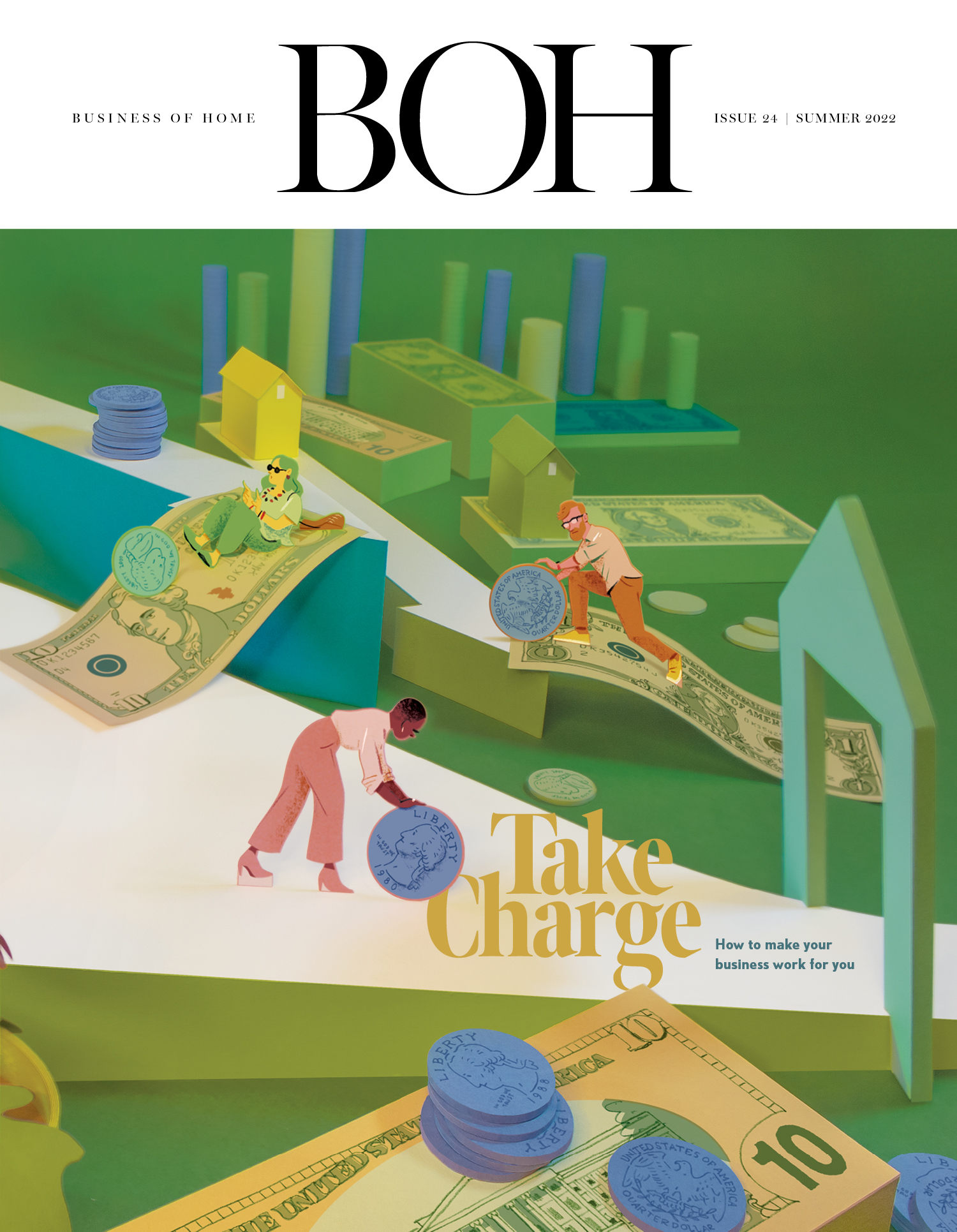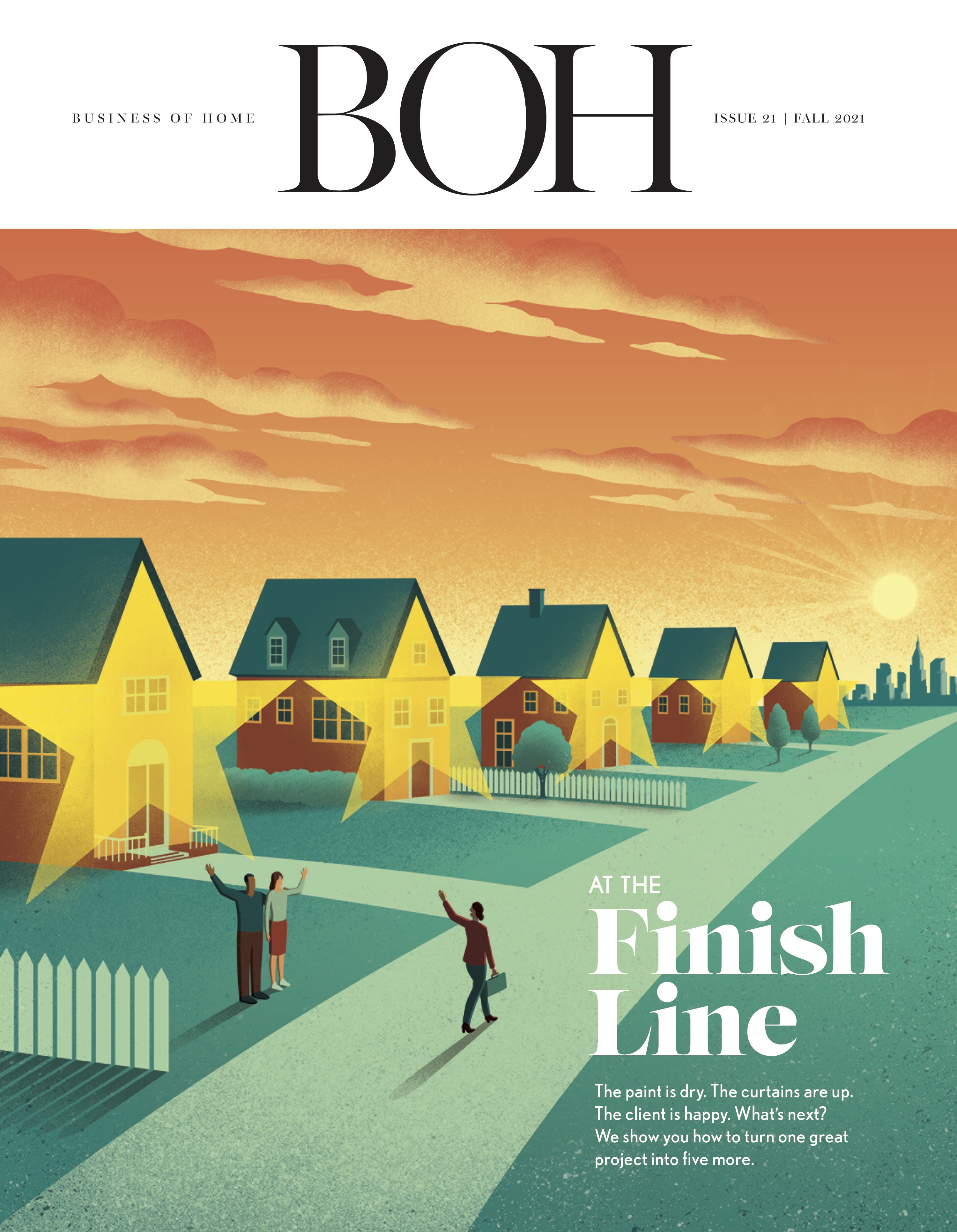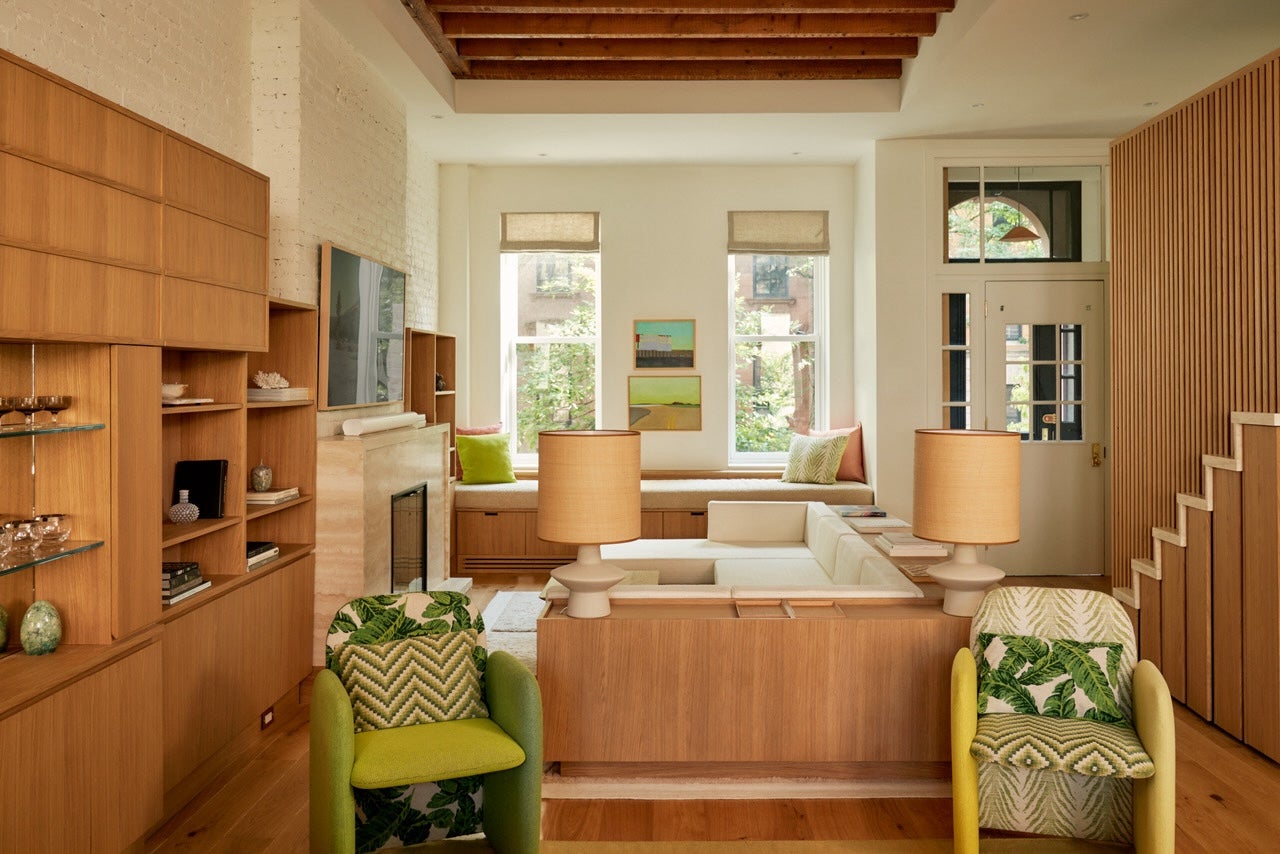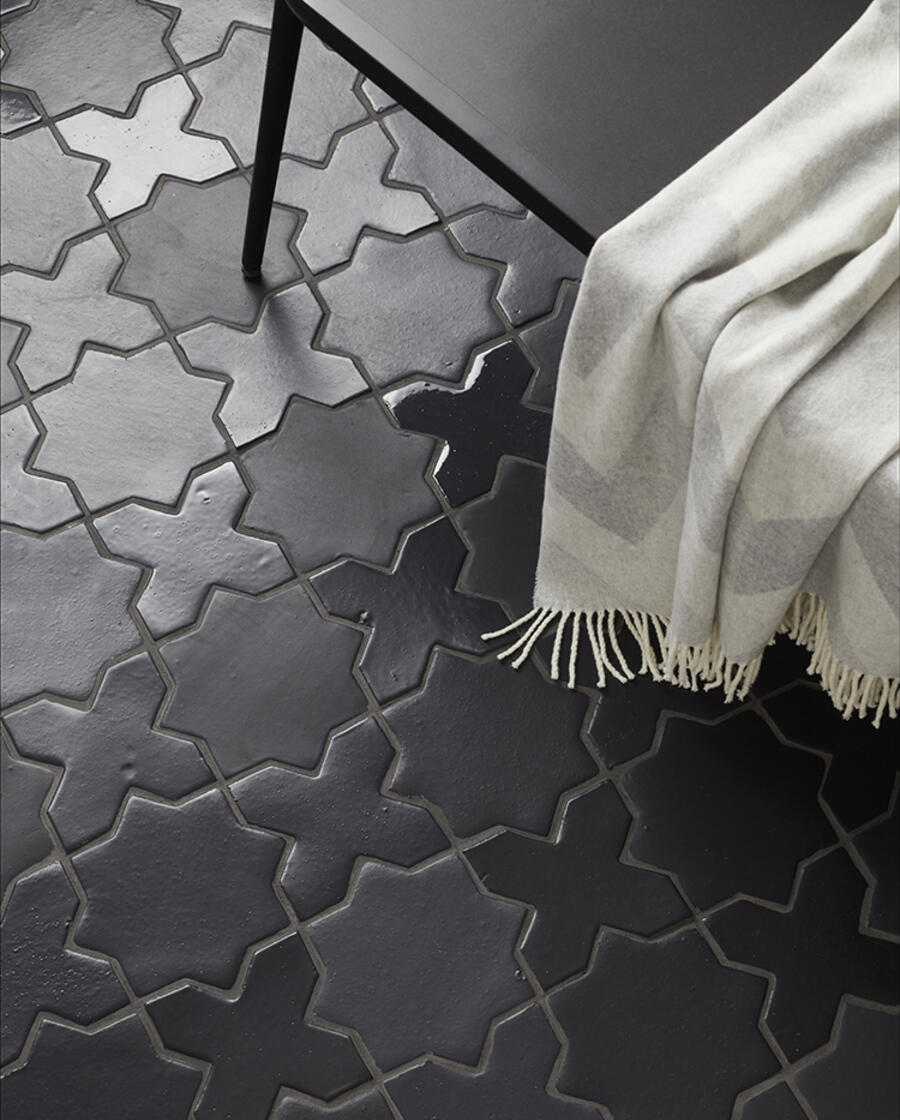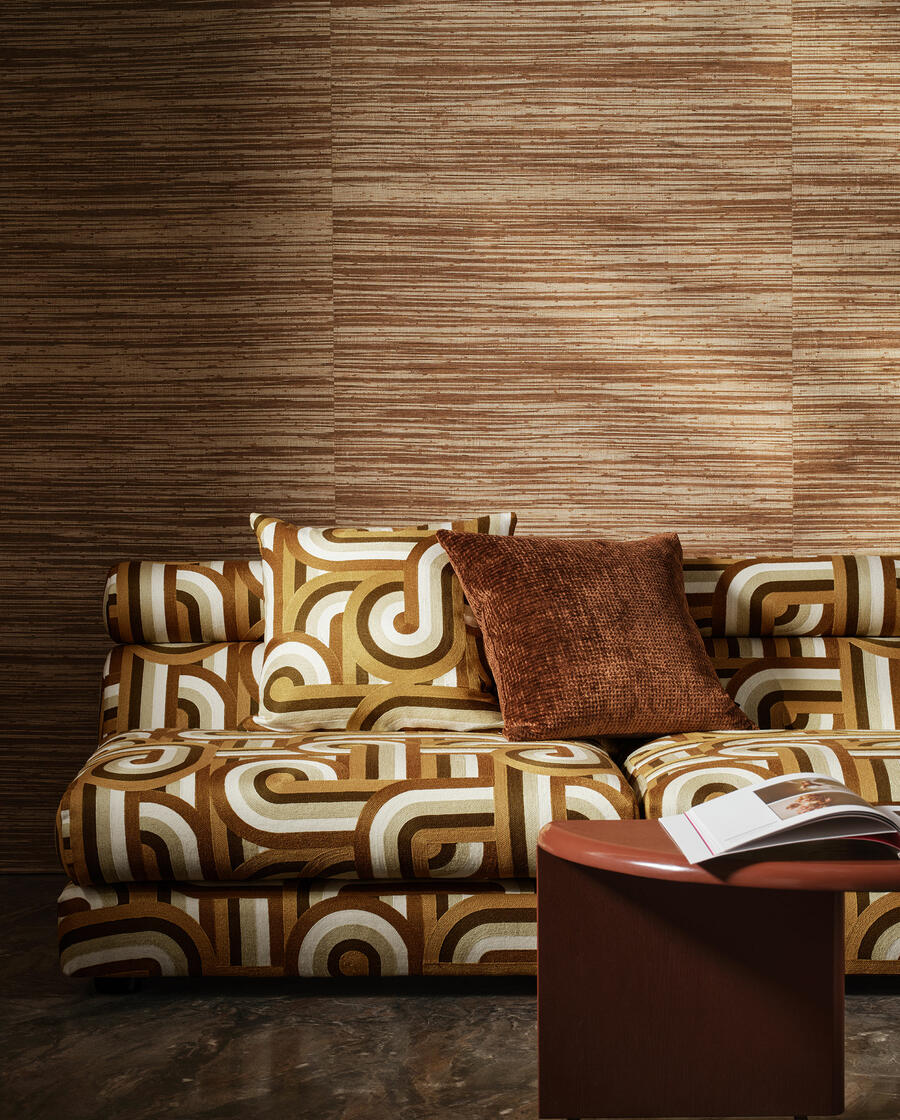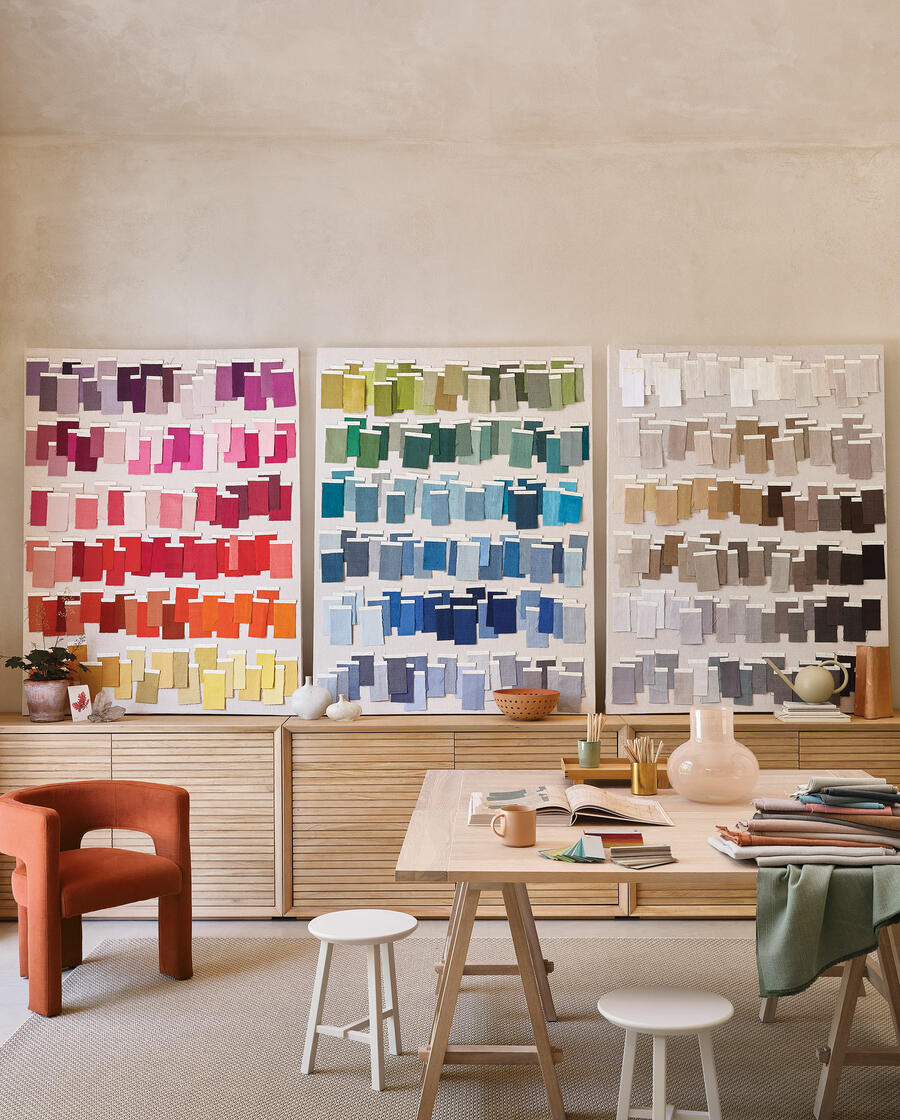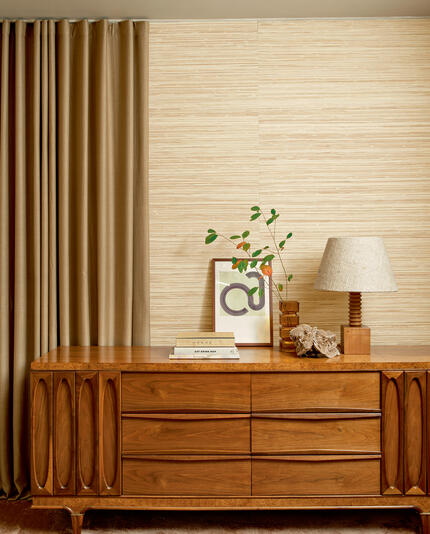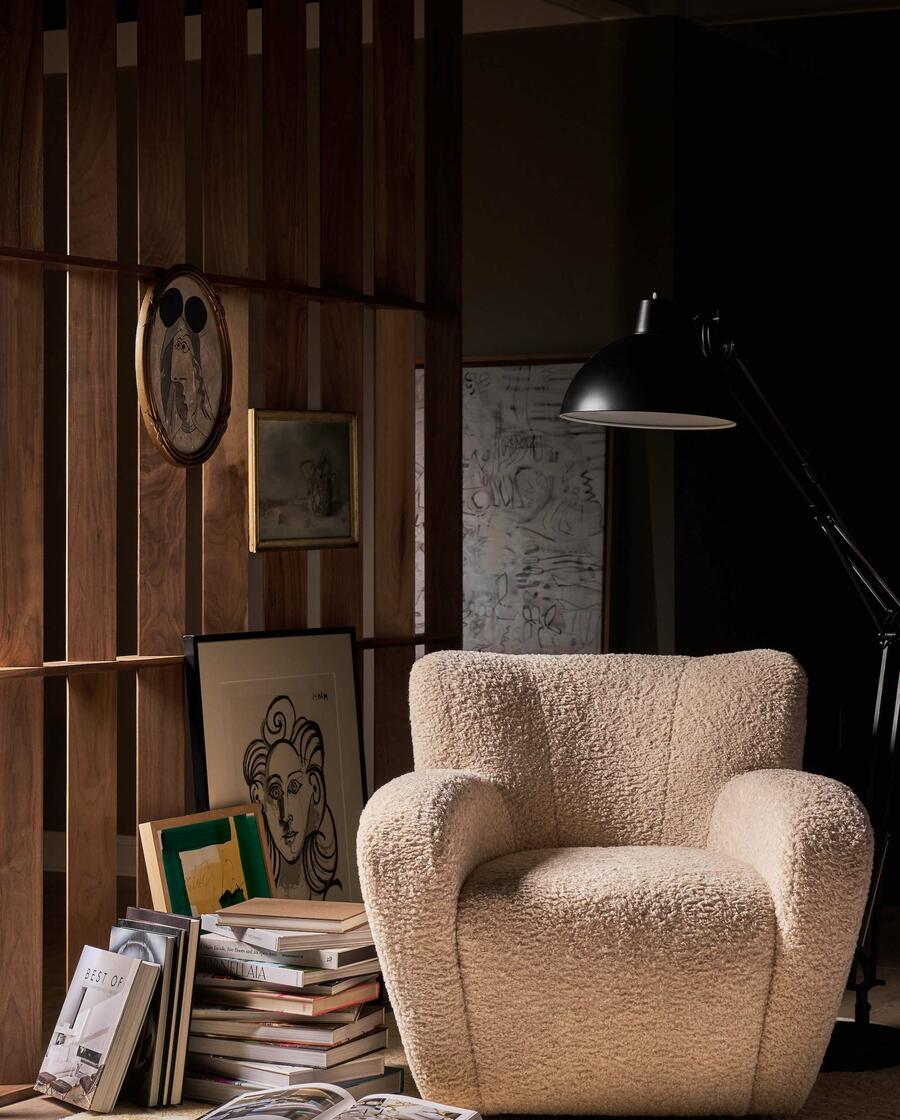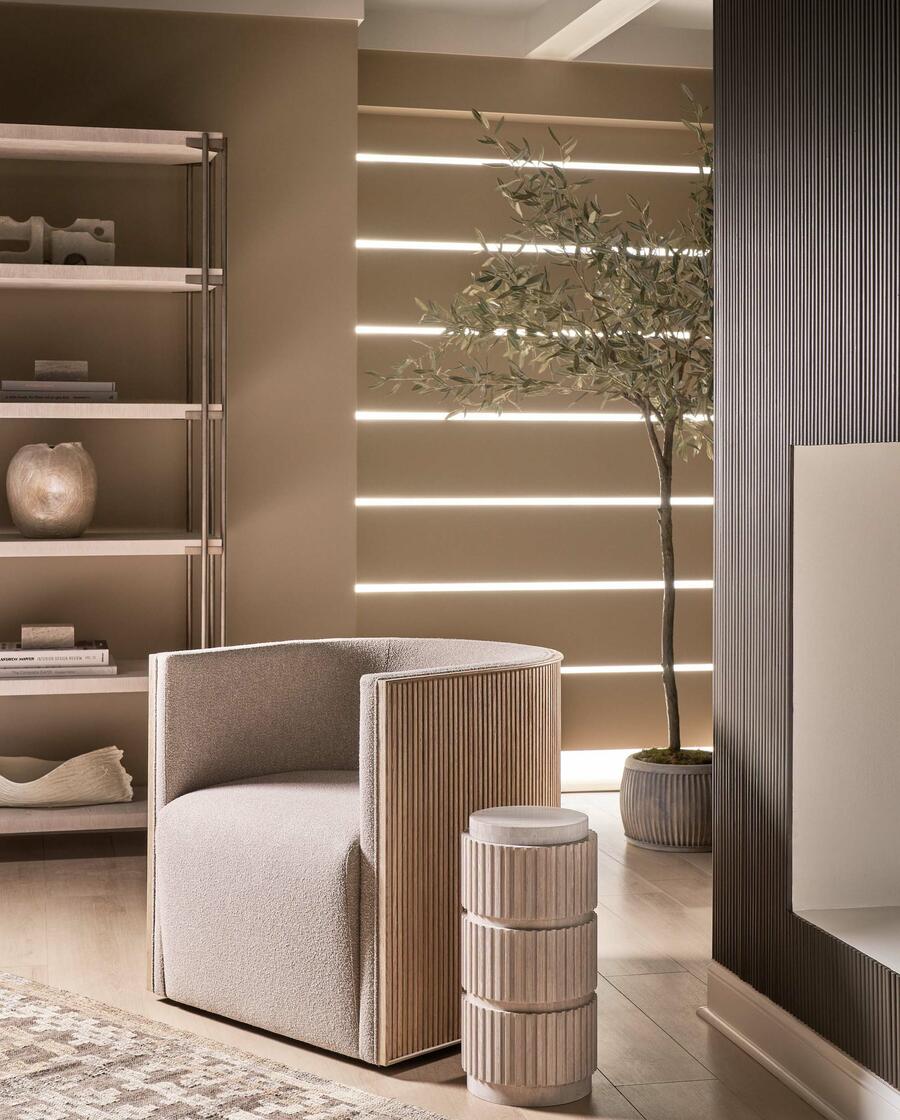Having an airtight contract is an important element of many design firms’ strategies. This week we asked seven designers—Eva Bradley, Alicia Cheung, Erin Hannon-Watkinson, Linda Hayslett, Claire Hung, Joshua Rice and Marie Soliman—to share distinctive components in their contracts which ensure a smooth project from start to finish.
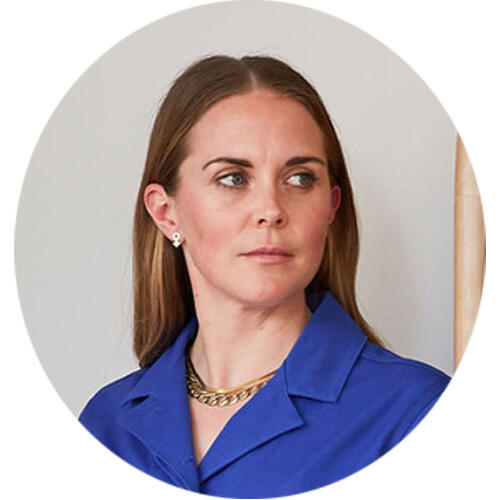
No Surprises
“Sometimes saying what you don’t do is as important as what you do. In our contract, we clearly list what services are included, but in the following subsection, we also note what services are outside of our scope and fees so that there are no surprises for the client or assumptions made. Each job is so unique and can require different consultants or trades to come on board with their own expertise to keep the project moving. This clause notes that those consultants may be required for the project, but are not included in our scope or services—for example, engineering, architects, conservation approval, surveyor, lighting consultant and audio/visual consultant.” —Erin Hannon-Watkinson, Studio Ha/Wa, Toronto

Built-in Benefits
“We have a built-in annual rate increase, so we don’t have to keep track of several different rates for different projects all the time. It makes this [process] smoother for us, and manages the client’s expectations at the onset of a project.” —Alicia Cheung and Eva Bradley, Studio Heimat, San Francisco

Finishing Touches
“A couple of years ago we implemented a fairly unusual clause in our contract meant to solve one of the most frustrating design issues we run across: final-stage accessorizing and styling. I generally like a minimal amount of accessories and objets d’art in our projects, and I want what little is there to have some special design or personal significance to the client. But by the end of projects, clients are often fatigued. Good accessories often come at a price, and it can be a hard sell to ask a client for another five figures to buy them right at the time they are expecting things to wind down. Additionally, it puts a lot of stress on us as designers to thoughtfully select these objets for an entire house in a matter of weeks. In an effort to solve this problem, we restructured the way we think about our retainer. Before this, it was fairly insignificant relative to the project’s overall cost. It acted more as a ceremonial exchange to formalize the official start of the project. The new clause significantly increases it (the amount varies in proportion to the size and budget of the project)—the retainer now acts as a bank of funds that allows us to source accessories throughout the project. Sometimes clients get a little bit of sticker shock upfront, but I think this change in our contract has significantly improved the quality of our finished projects in addition to reducing stress around the office.” —Joshua Rice, Joshua Rice Design, Dallas

Time Is Money
“A clause that I have in my contract, which I don’t see spelled out often, is that I’m not obligated to work with vendors that I’ve never worked with before. Nor am I obligated to work with vendors or stores that a client asks for. Throwing in a random vendor that doesn’t [necessarily align with] my style in order to save money has never saved anyone anything. It actually makes timelines worse, and people have spent way more time and made costly mistakes. One other clause that I have is about decision-making. If a client isn’t responsive or doesn’t get back to me within 30 days, then the contract will be terminated, and I will be sending an additional fee on top of their final invoice. We can’t sit around waiting for someone to get back to us. If a client has an emergency and voices that, then I can understand. But if they are trying to get better pricing and seeing how they can cut things without voicing that to me, then it’s clear they don’t understand what my job truly is, and we need to part ways because I’ve got bills to pay, just like them.” —Linda Hayslett, LH.Designs, Los Angeles

Outline the Scope
“As a co-founder and member of [nonprofit industry organization] Interior Collab, we often discuss our contracts, and one of the unique things that I’ve learned about my contract is how it thoroughly outlines the scope of not just the work but the services by phase. It includes not only deliverables but also revisions. I have found this section of my contract helps clarify expectations with the client, especially when work is requested that’s outside of the scope of services and is thus charged hourly.” —Claire Hung, Claire Hung Design, Brooklyn

The Big Creative Picture
“Our contracts go beyond creativity—they honor the craftspeople who make magic happen. Our unique clauses embrace collaboration, respect for individual talent, and a vision that extends beyond design to community and connection. From crediting artisans to embracing versatility in our spaces, every clause in our contract whispers of a commitment to creativity, integrity, ethical design, and the joy of bringing dreams to life.” —Marie Soliman, Bergman Design House, London











